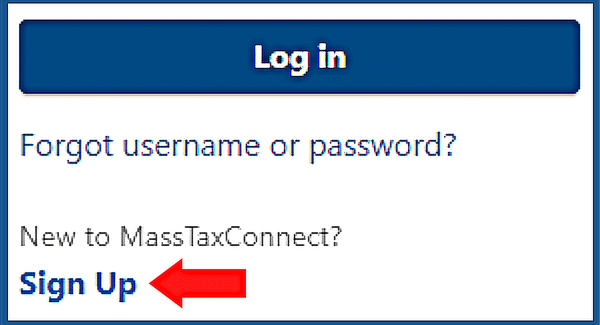Generally, electricians act as contractors when they perform:
- Construction
- Reconstruction
- Alteration
- Improvement
- Remodeling or
- Repair of real property
and are the consumers of tangible personal property (material) purchased by them for the performance of their contracts. In these instances, they are required to pay sales or use tax as consumers on the total price of the material purchased at the time of purchase, unless the purchase is exempt from tax.
There are several exemptions from tax that may apply depending on whether the material is:
- Purchased for an entity that is exempt from tax or
- Used in an exempt manner.
If an electrician doesn’t pay sales tax at the time of sale and the material is subject to tax, the electrician must:
- Self-assess a use tax on the cost of the material and
- Remit the tax to the Department of Revenue (DOR).
Where an electrician agrees to sell material and provide installation services for a separate price, the electrician is:
- Acting as a vendor and
- Required to collect the sales tax based on the price the electrician charges their customer.
Exceptions
There are exceptions when electricians:
- Perform contracts for organizations that are exempt from sales tax under G.L. c. 64H, Section 6(d) and/or Section 6(e).
- Purchase material(s) that are used in an exempt manner from sales tax under G.L. c. 64H, Section 6(r) and Section 6(s).
